
One of my favorite Nicaraguan folk tunes, which I’ve sung on many occasions with colleagues and clients across Central America, is called “Pobre La Maria.” It tells the story of a young woman who leaves her rural home to chase a dream in the big city, only to wind up destitute on the streets of Managua. Maria’s experience rings true for millions. The largest rural-to-urban migration in human history is now taking place alongside unprecedented population growth. By 2050, the world’s population is expected to surpass 9 billion, and the majority of this growth will take place in developing countries. To feed the equivalent of two more Chinas over the next 35 years, farmers will need to boost global food production by an estimated 60 percent. Meanwhile, legions of young potential agriculturists are fleeing the countryside, just like Maria.


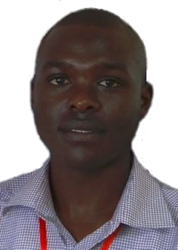 In this guest post, young soil scientist Steve Kibet tells
In this guest post, young soil scientist Steve Kibet tells 
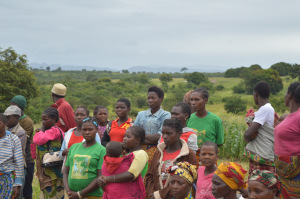
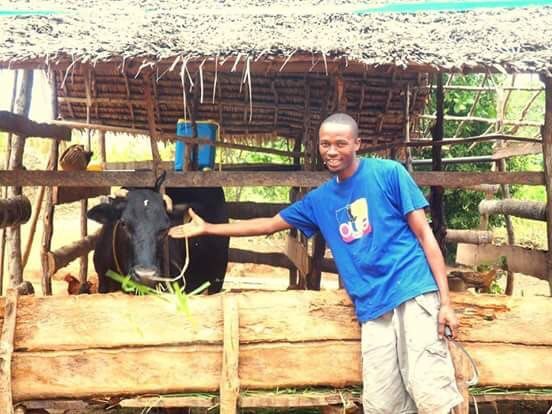
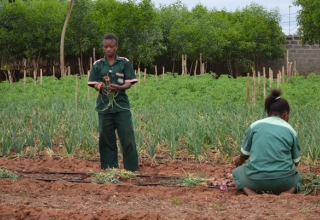
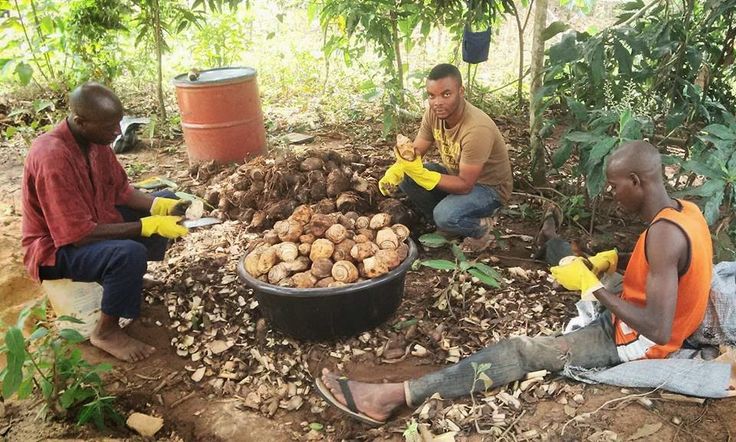 Meet EZEMENAKA Johnbosco, a young passionate agriculturalist based in Nigeria whose education background in Soil Science and Land Management, a Master’s degree in Agricultural Extension and Rural Development has inspired him to set up a company called
Meet EZEMENAKA Johnbosco, a young passionate agriculturalist based in Nigeria whose education background in Soil Science and Land Management, a Master’s degree in Agricultural Extension and Rural Development has inspired him to set up a company called 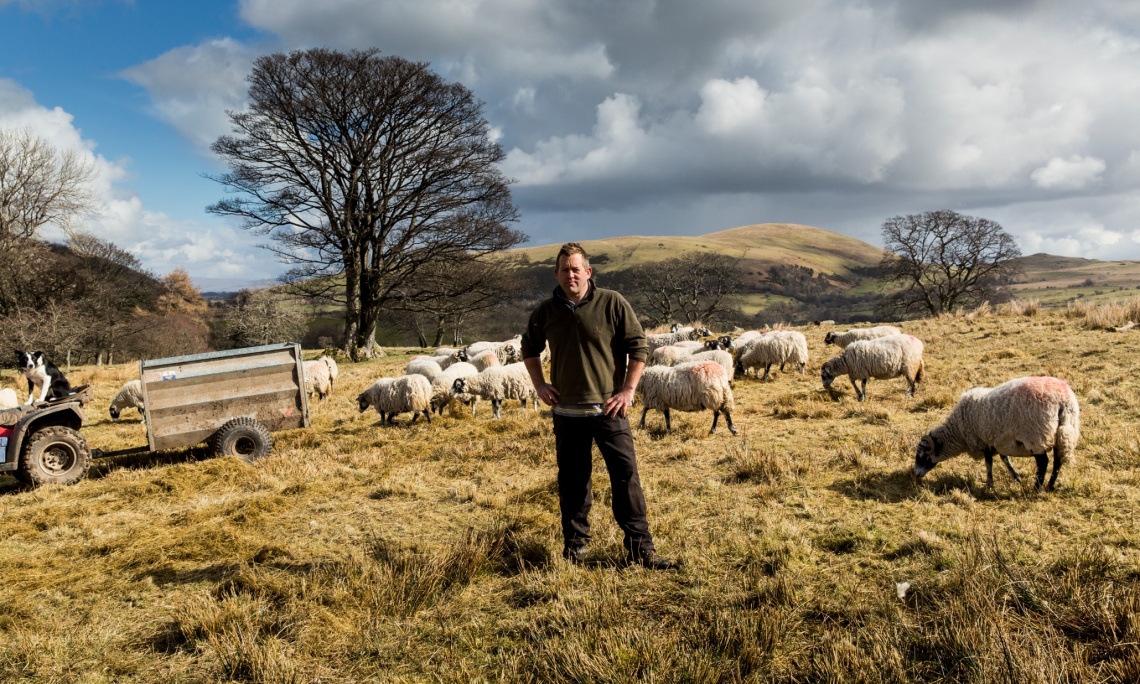 Shepherds are disappearing from the countryside — but there’s one in the Lake District who has 40,000 Twitter followers and an acclaimed memoir to his name. Over a day in the fields, James Rebanks explains why he’ll never give up on the life that has sustained his family for 600 years.
Shepherds are disappearing from the countryside — but there’s one in the Lake District who has 40,000 Twitter followers and an acclaimed memoir to his name. Over a day in the fields, James Rebanks explains why he’ll never give up on the life that has sustained his family for 600 years.